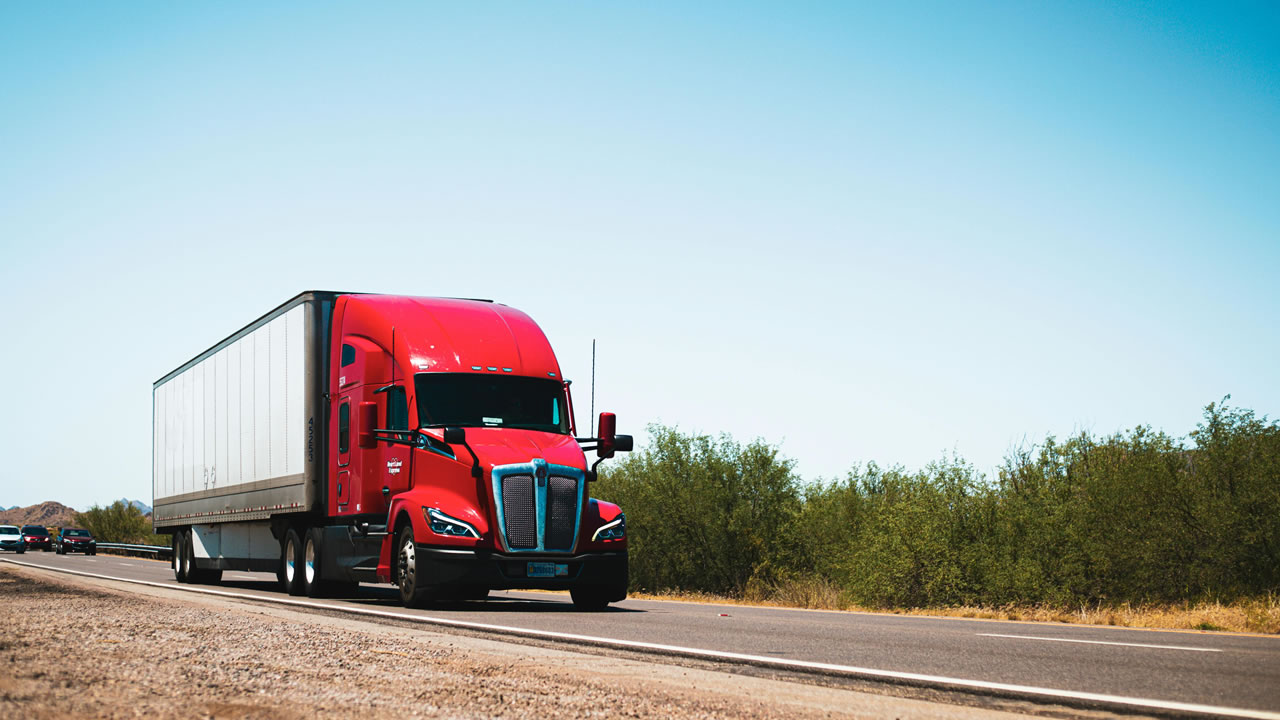03-03-2025
Form 2290 for Different Trucking Needs
United States truck owners and operators must be familiar with Form 2290, or the Heavy Highway Vehicle Use Tax Return as it is formally known. Whether you are an independent driver or manage an entire fleet, knowing how Form 2290 relates to your individual trucking activities will help you steer clear of IRS penalties. In this article, we will highlight the various scenarios where Form 2290 is relevant, and what you ought to know for each situation.
Owner-Operators and Independent Truckers
Owner operators that control their trucks, have a requirement to file Form 2290 if the vehicle is weighs more than 55,000 pounds. Proof of the IRS tax payment needs to be shown in order for the vehicle to be registered with the DMV. To steer clear of late penalties and consequences, owner operators need to comply and file the paperwork on time.
Freight Companies and Fleet Owners
When fleet owners look after multiple trucks, the process of filing the Form 2290 is more complex than usual. Each taxable vehicle in the fleet has to be accounted for, and fleet managers often prefer efiling (electronic filing) to simplify the work. Bulk filing services allow trucking companies to mitigate tax payment inefficiencies by reducing administrative work.
Vehicles Used in Farming
Trucks meant for agricultural activities can enjoy lower tax rates. Agricultural vehicles driven less than 7,500 miles a year, are classified as a suspended vehicle and thus do not pay any tax. However, truck owners must still complete Filing Form 2290 and claim that the vehicle is domestic and for purposes of Agriculture in order to enjoy the tax exemption.
Trucks For Logging Activities
Trucks For Logging Activities are trucks that help in the transportation of products from a forest. These tend to fall under the reduced tax bracket of 2290. However, these vehicles should be restricted to the transportation of logs from the wooded areas to the processing centers only. The owners of the truck must fulfill the IRS parameters of the logging vehicle pertaining to this tax benefit.
Contract Carriers and Leased drivers
If drivers lease their trucks from a carrier, they should confirm with the owner of the lease whether they are required to file Form 2290. Generally speaking, some trucking companies take care of these tax matters. However, independent contractors who get their truck through a direct lease may need to file it on their own.
Low Mileage Vehicles (Suspended Units)
Vehicles that do not get driven more than a set 5,000 miles a year (7,500 in the case of agricultural vehicles) are considered low mileage, or suspended units. While there is no tax due under these circumstances, owners are still obliged to file Form 2290 to account for the vehicle's mileage. Any excess tax refund the owner incurs after surpassing the limit mid-year will have to be paid right away.
Trucks Using Electric Hybrid and Other Upgraded Fuel Sources
As these vehicles get popularized, so will the question of how Form 2290 works with these trucks. At the moment, however, rest assured those vehicles are still liable for the Heavy Vehicle Use Tax (HVUT) if they meet the weight requirements. Changes in tax policies for electric trucks have the possibility of coming in the future; therefore, it is good practice to follow any alerts by the IRS.
Form 2290 Instructions Guide
Form 2290 can be filed in two ways:
- E-filing: This is one of the preferred ways, specially for owners of trucks that are companies with 25 vehicles or more. The e-filing method is faster than any other methods, which allows for a swift filing process for the filers as they get their stamped Schedule 1 in no time.
- Paper filing: This method is the simplest one, but it is best for those that own fewer vehicles, though it may take longer for the paperwork to be processed.
The tax year for Form 2290 is between July 1 and June 30 and the filing deadline is set for August 31 every year. Fines along with interest are charged for late filings.
For a trucking business, it is paramount to know how Form 2290 impacts business on taxes. Whether you are an independent contractor, fleet supervisor a farmer who uses trucks, knowing your responsibilities help you minimize trouble and streamline processes. It is best to work with IRS approved providers, specially for e-filing, so that one can have an efficient filing experience.
Always reach put to a professional regarding your unique trucking case or visit the IRS’s official website if you want the most updated information regarding Form 2290.
Note: For more information, visit IRS website
